We are excited to announce a second concert in our fall series, this one on November 16 , featuring Ginevra Petrucci (flute), Colin Brooks (viola), Chelsea Lane (harp), and Oliver Xu (percussion). The concert will be at the DiMenna Center for Classical Music, and is entitled, “Echoes of Elysium .” It features music by Debussy, Bax, Ludwig-Leone, and yours truly. To learn more, please look here .
While I was not the one who came up with the title for this event, I wish I had. It points to how the music being featured integrates the lyrical tradition traceable to the referenced “Elysium” with its modern resonances, which is a natural result of employing this wonderful combination of instruments and their uniquely complementary sonorities, which Debussy can be said to have discovered in one of the pieces being featured at the concert.
Elysium in Greek mythology was an idyllic spot, the only pleasant part of Hades. It was reserved for the privileged few who were granted access either because of their demigod birth or their exceptionally honorable lives. At least as far back as the Bronze Age, Elysium also had a more accessible location connected to it, the town of Eleusis. And this town played an important role in the history of music.
Eleuvis is located about twelve miles from central Athens. It held an ancient annual festival (the Eleusian Mysteries) in honor of the goddess Demeter and her daughter Persephone (queen of the underworld). Eleusis was incorporated into Athens in the 7th century BC. In celebration of that connection, Athens eventually created the Great Dionysia Festival, which may have been the first major music festival in Athens. Its songs were called tragoudia (goat sounds in Ancient Greek) – which is still the word for song in Modern Greek – in recognition of the link between Dionysus and his faithful goat-like Satyrs. People dressed as Satyrs often led the procession at the festival. Tragoudia (which involved back and forth singing of a verse sung by those leading the procession, and a response from a group known as a chorus) seem to be the origin of the verse-chorus song structure. Later, under the influence of Thespis, spoken words were added to the songs, which was the origin of ancient theatre.
Theatre of Dionysos Eleuthereus
There will be snacks and wine served after the November 16th concert. We anticipate Dionysus may be attending, but we can’t guarantee it. If he does, we hope he leaves the Satyrs home (they can really spoil a party, especially if they get to drinking).
We will be announcing additional concerts soon. With features like violin and cello duets, performed by Anthony Bracewell and Coleman Itzkoff, and vocal performances, we are excited to present to you more of what Pano Hora Ensemble does. Stay tuned!
We were excited that our October 11th woodwinds and percussion ensemble’s concert (“Winds, Words, and Blessings ”) at St. John’s in the Village received very favorable press coverage. Madeleine Voth of the Hellenic News of America invested a great deal of time speaking with the performers and truly captured the essence of the Pano Hora Ensemble’s mission. She writes:
Structured around the compositions of Charles Calomiris, Pano Hora brings a distinctly Greek sound to chamber music, blending classical structure with Mediterranean rhythms and timbres…. This kind of collaboration through cultural education sets Pano Hora apart from typical chamber groups. The ensemble’s performances often mix flutes, bassoon, and strings with hand percussion, creating a unique sound that borrows from both the ancient and modern Greek worlds. Their concerts also experiment with cross-cultural and cross-disciplinary elements, from French compositions to lectures and culinary pairings.
I was particularly pleased that she noted our current intent to expand our reach by including other musical traditions into our repertoire.
For Calomiris, that inclusivity is woven into the foundation of Greekness. “One of the most important concepts in Greek culture is philoxenia : love of foreign things, or the sort of wanting to share things and cross boundaries and be part of a world, a community,” he said. “That’s what we want the music to express. It’s something that’s a little bit lost. Maybe I’m missing it, but I don’t see it around me very much.
The full article is available at https://hellenicnews.com/2025/10/16/charles-calomiris-puts-a-greek-spin-on-traditional-chamber-music-with-pana-hora-ensemble/
Finally, we have a scheduling change to announce. We have decided to postpone our Merkin Hall double world premiere concert (featuring the opera, Gethsemane , and the Concerto Grosso Laїko ), which will now occur on March 19 and 20, 2027 . Please mark your calendars.
Upcoming November 16 Concert and Other PHE News
October 31, 2025
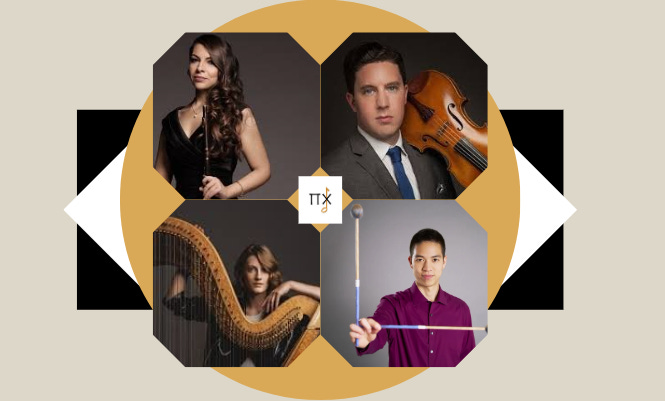
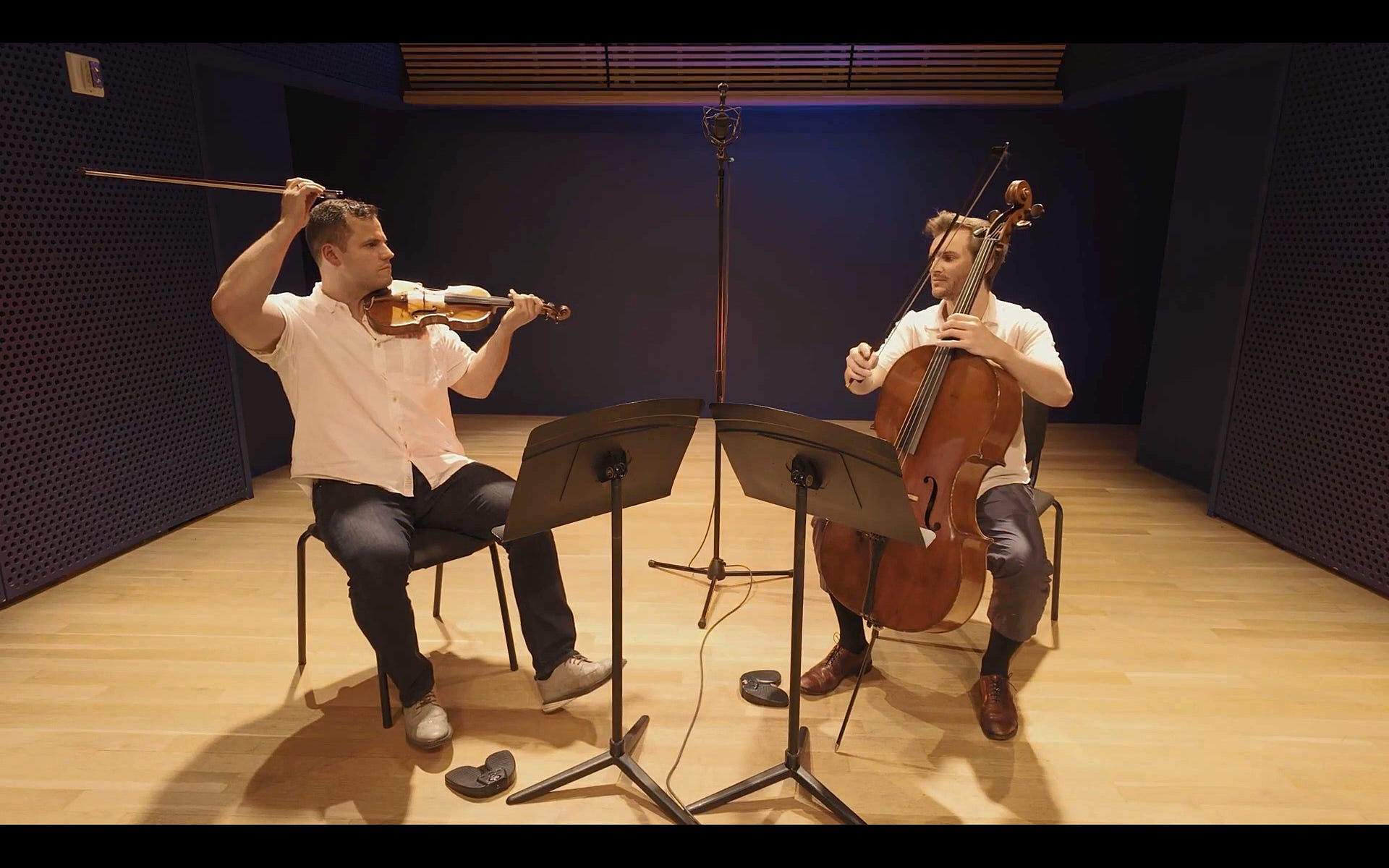
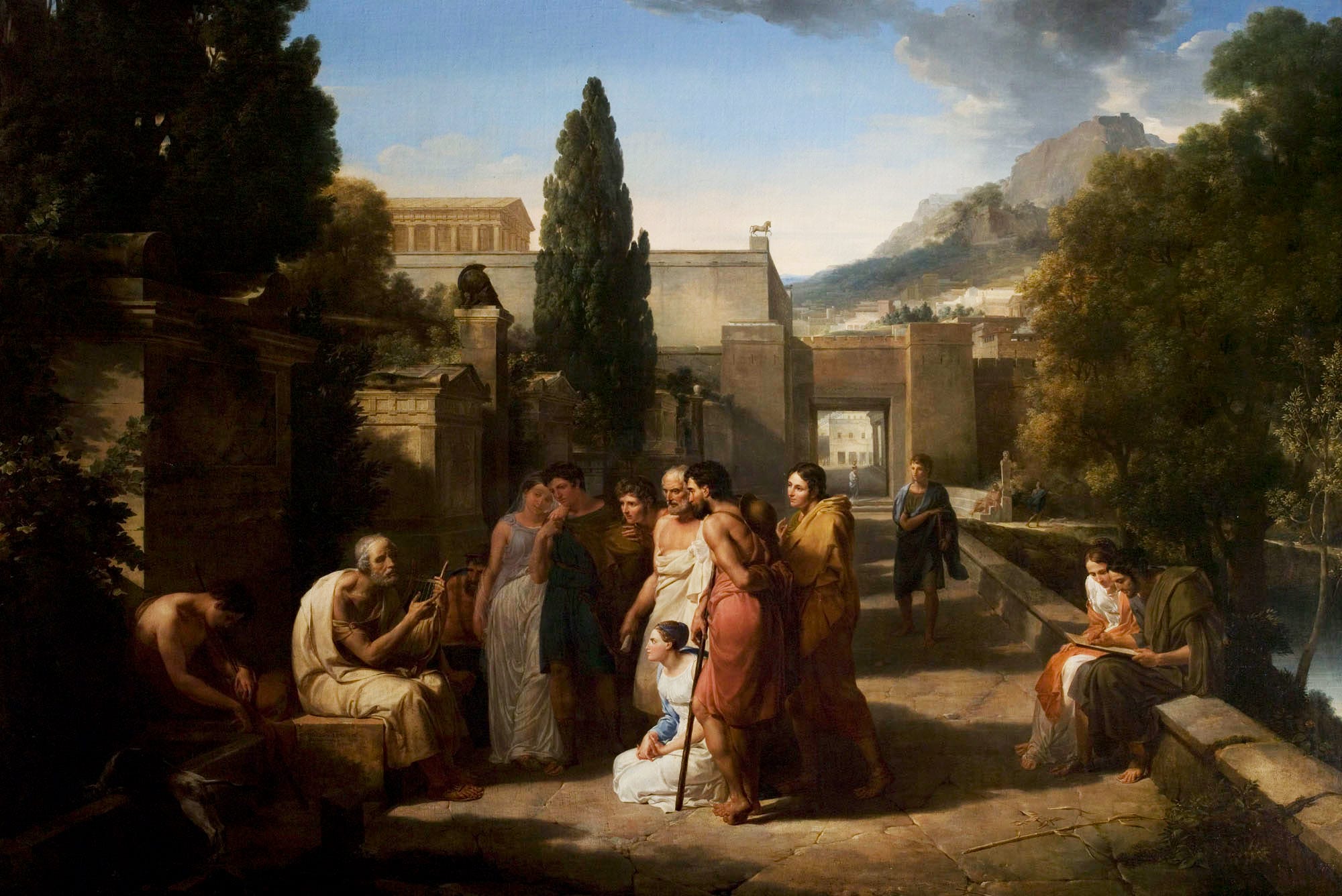
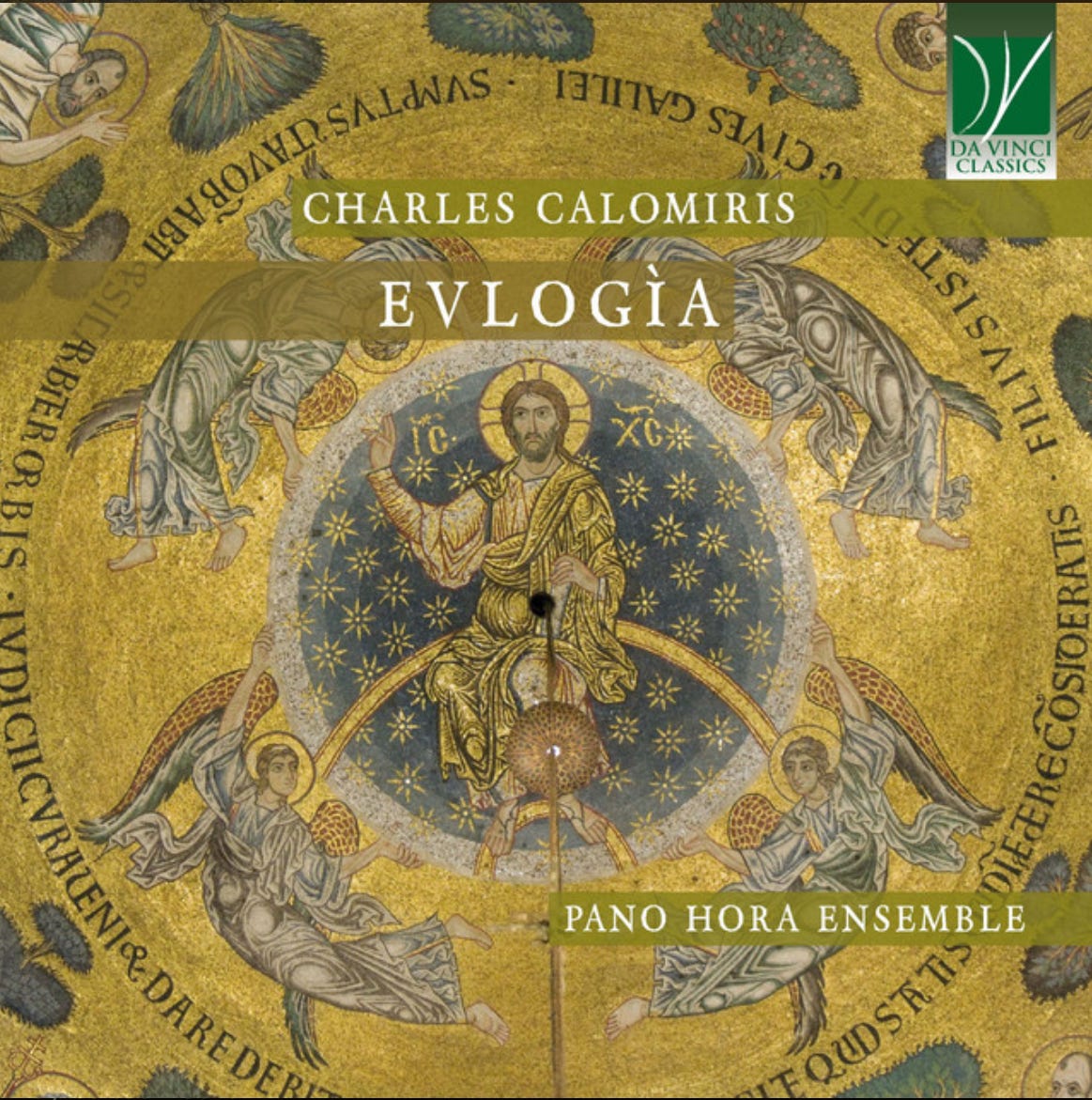


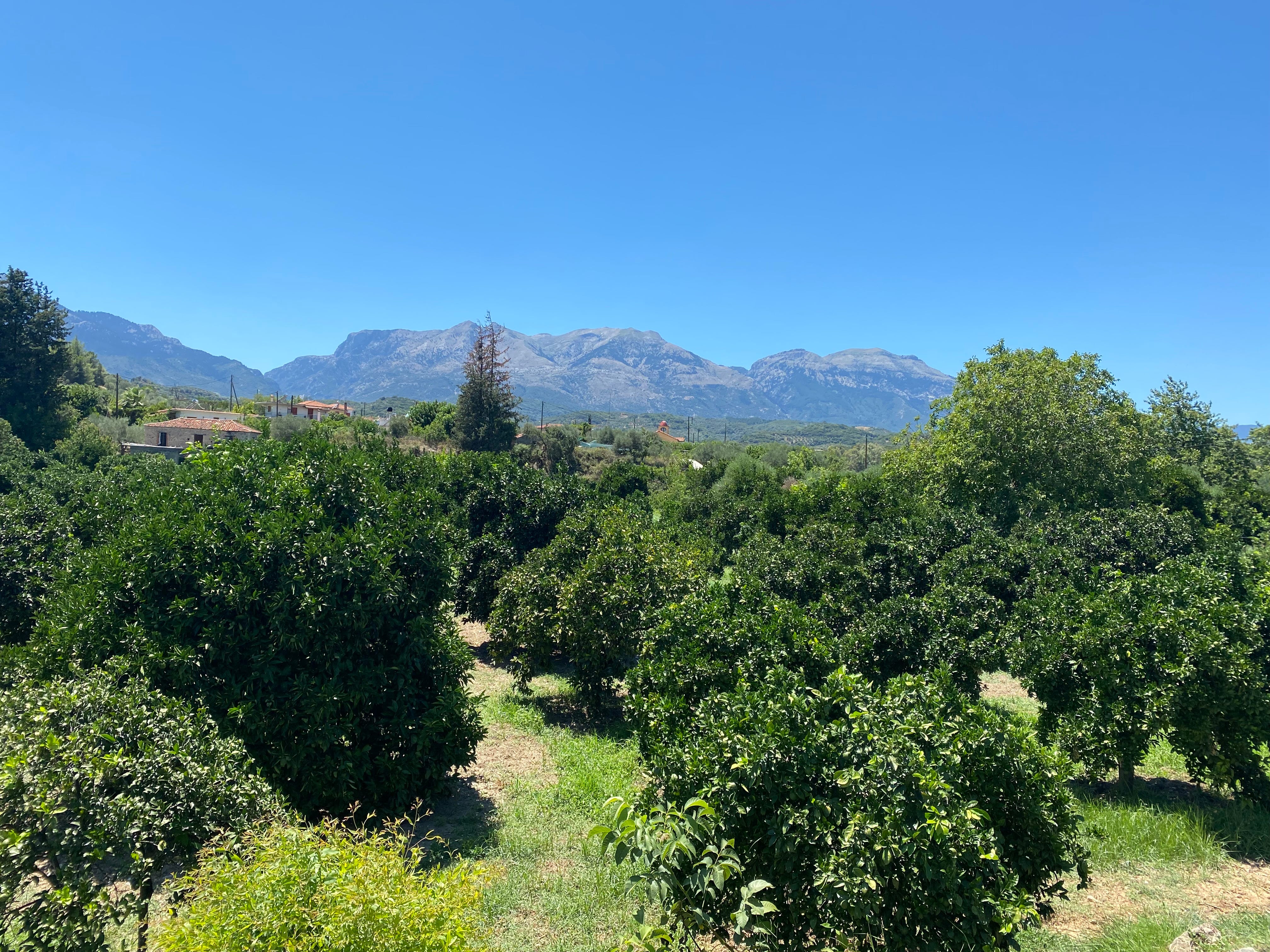

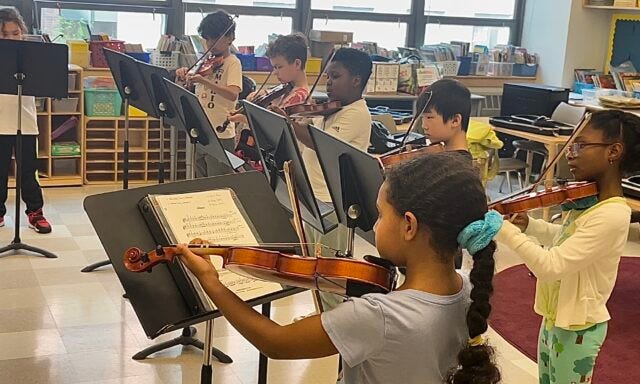
.avif)
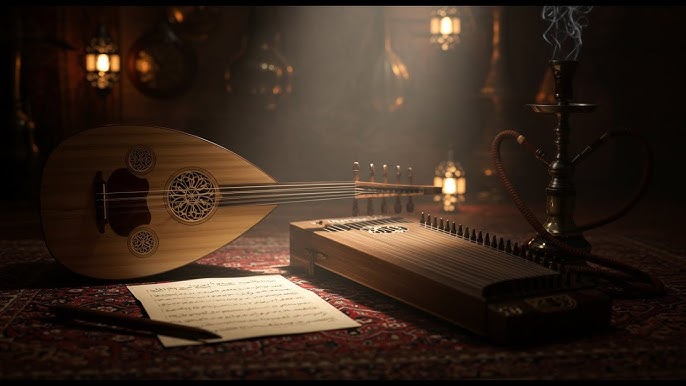
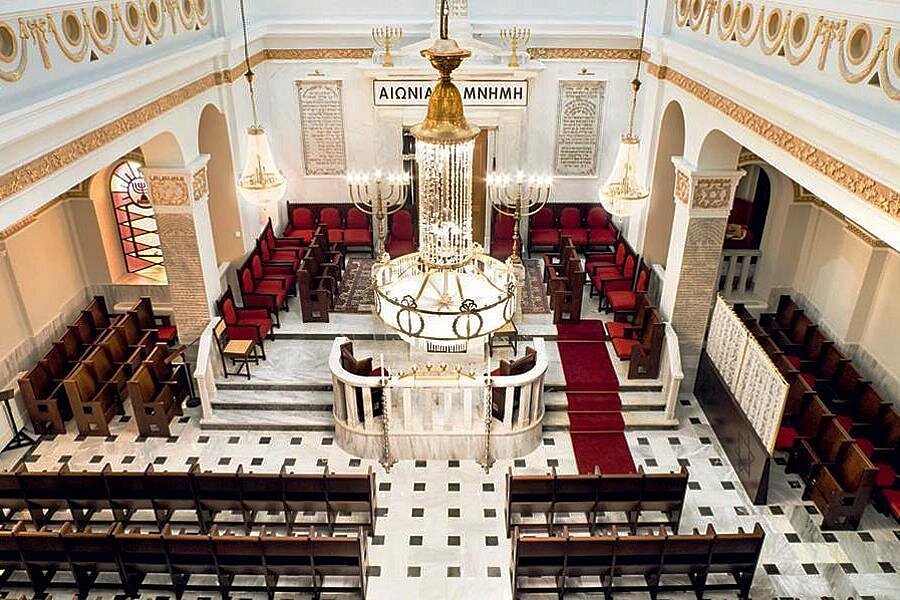
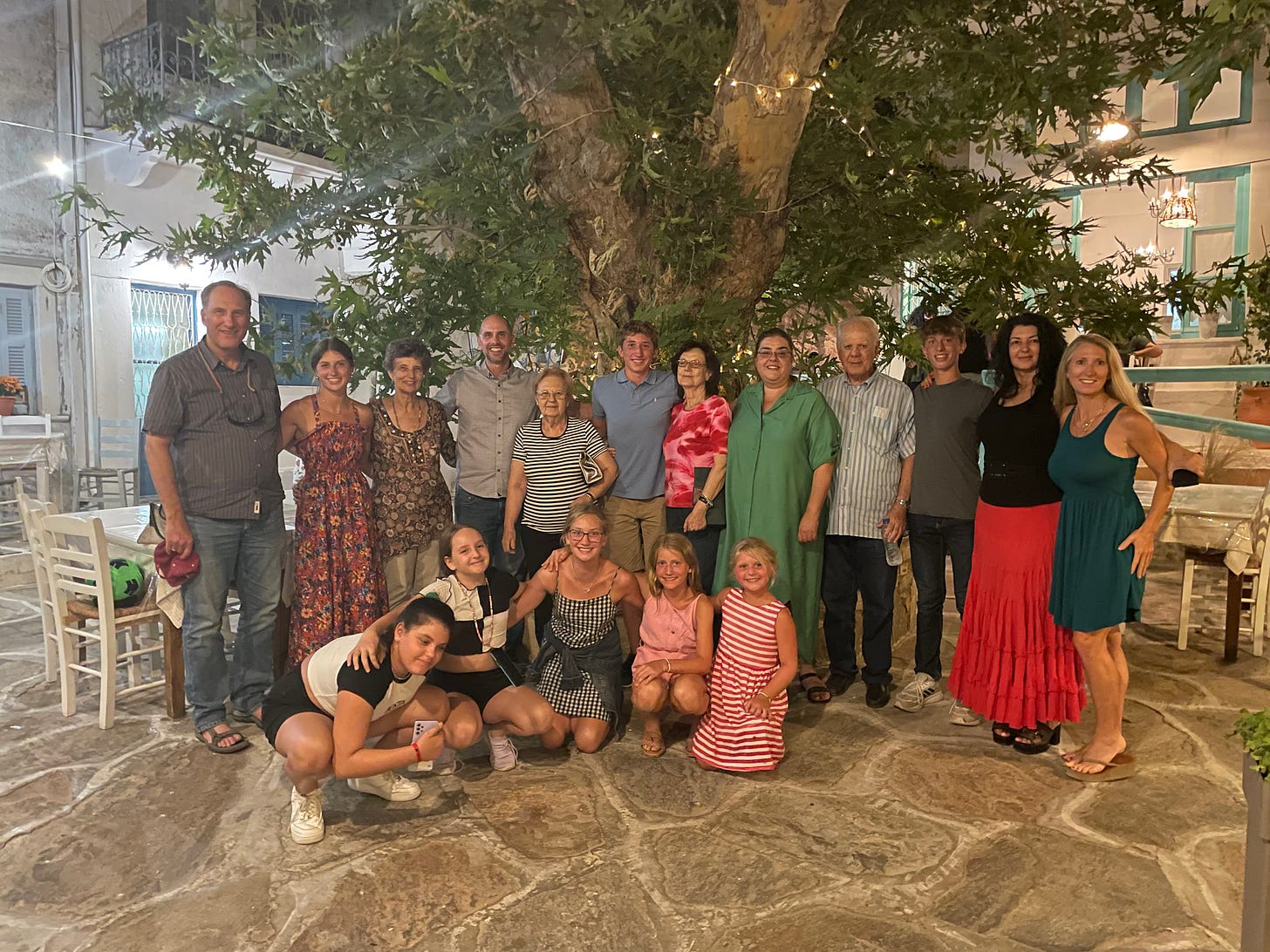
.png)
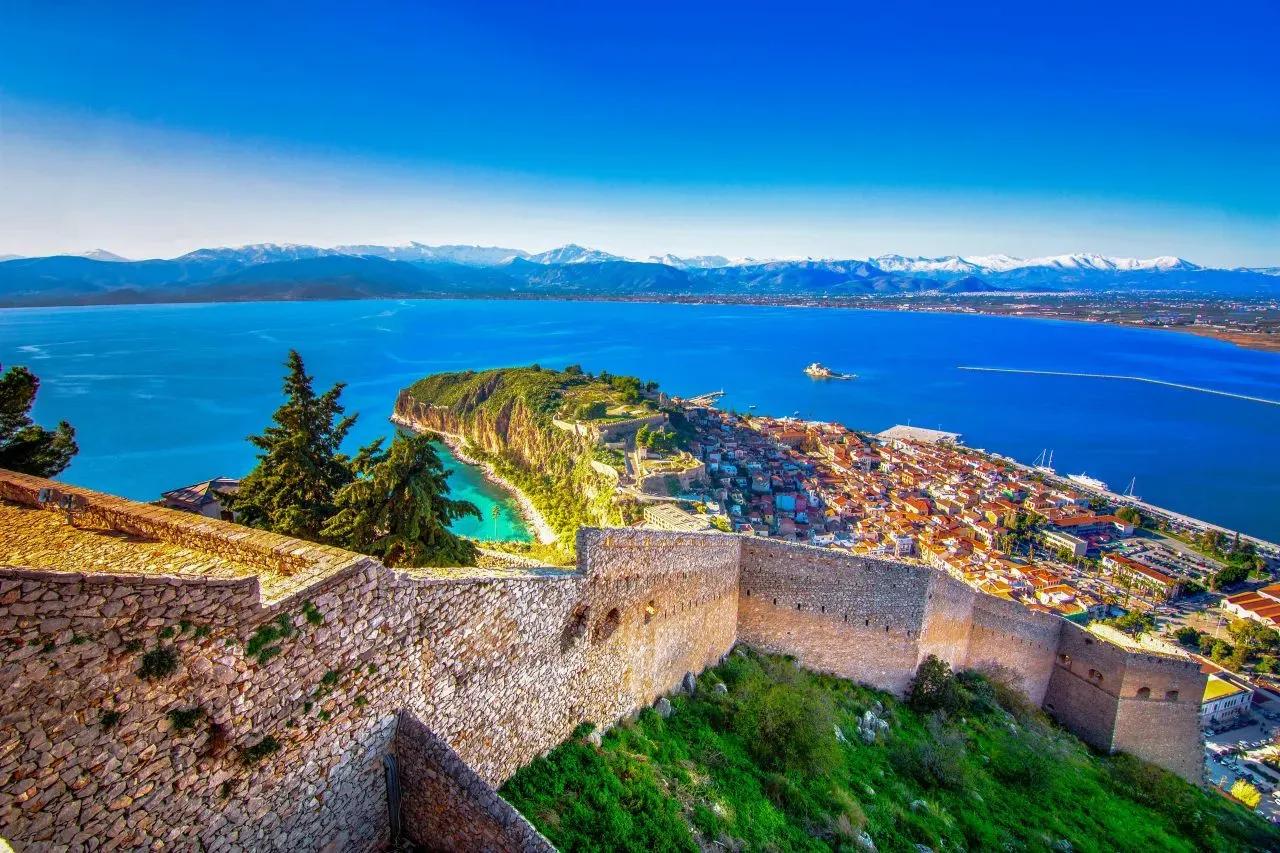
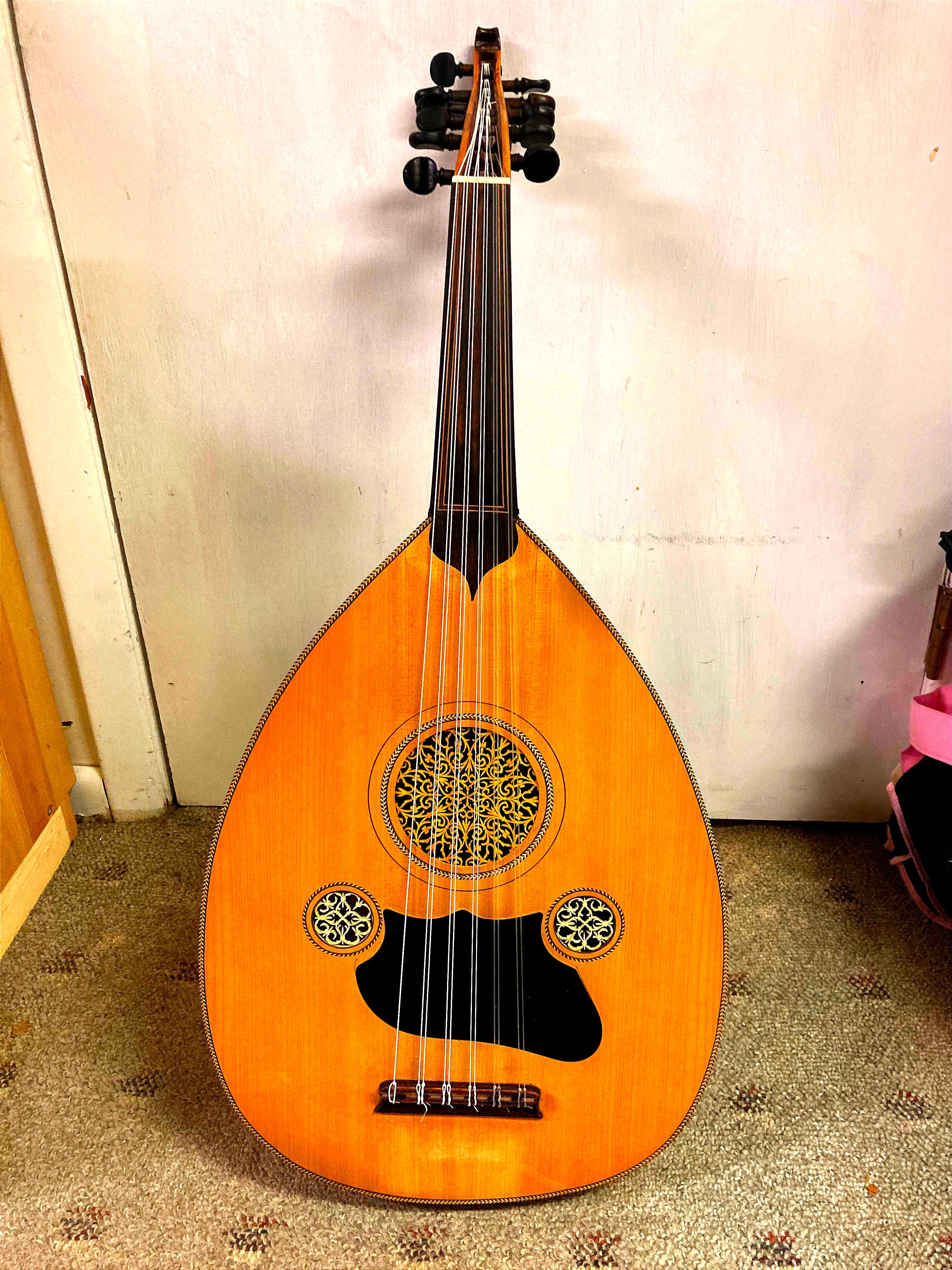
.png)


.png)


.png)




.jpg)
